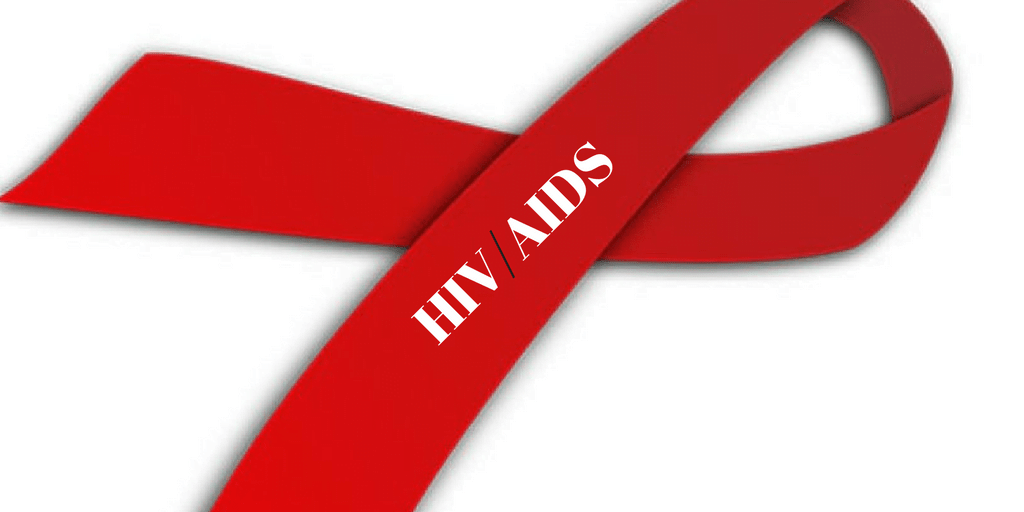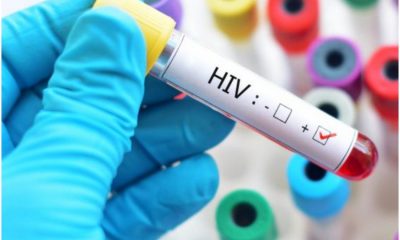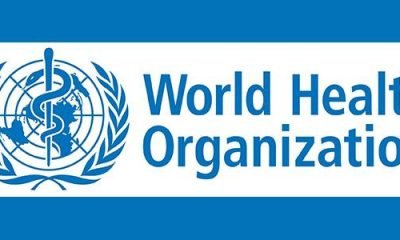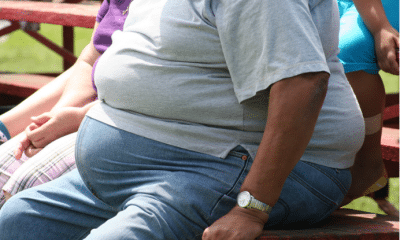Health
Women More Living With HIV – WHO

A new report by World Health Organisation (WHO) has revealed that women, especially adolescents between 15 and 24 years, are more living with HIV globally.
Through ‘Women and Health’ report released on its website today, the organisation said that globally, adolescent girls and young women account for two out of three new HIV infections.
According to the report, an estimated 18 per cent of girls were at their childhood sexually abused at some point as against eight per cent for boys.
It said Adolescent girls wer more at risk to face societal issues like child marriage and Female Genital Mutilation (FGM).
It also revealed that most girls who became sexually active at the adolescent years were forced into it.
The organisation said that each year, about 15 million girls were married before the age of 18 years, adding that globally, one in three women in their lifetime were likely to experience physical or sexual violence.
The organisation attributed the root cause of these inequitable health outcomes for women and girls to gender equality.
“Globally, adolescent girls and young women account for two out of three new HIV infections. In certain cultures, gender-based discrimination disadvantages girls through sex-selective abortion and female infanticide.
“Women and girls in areas of conflict and displacement suffer disproportionately as a result of disruption of health systems, exacerbation of barriers to healthcare, and use of rape and other forms of violence as weapons of war.
“About 16 million girls aged 15 to 19 years and one million girls under 15 years give birth every year with an estimated three million unsafe abortions taking place globally every year among this age group.
“Every day, approximately 830 women die from preventable causes relating to pregnancy and childbirth and in households and communities, women are the primary sources of care giving.
“In 2016, global life expectancy at birth was 74.2 years for females and 69.8 years for males.
“Although the figure shows that women live longer than men, women experience more morbidity and use healthcare services more than men especially linked to reproductive health needs,” the report read in part.
WHO advised that gender biases and inequalities in the health and social workforce should be addressed as women contribute more to health than any other sector
The organisation maintained that it would continue to work tenaciously to improve women’s health by strengthen access to health services.
According to the report, this includes sexual and reproductive health issues such as maternal care, access to integrated services for HIV and tuberculosis, preventing GBV, cancer, diabetes and other diseases.












